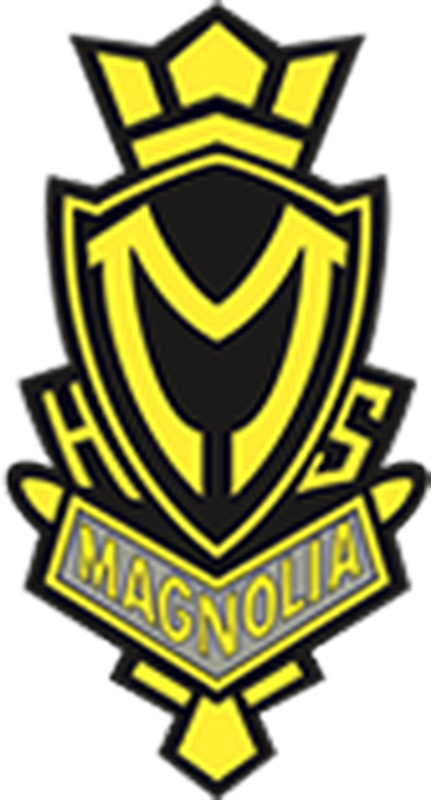ROP COURSES
Introduction to Criminal Justice
This course is designed to provide classroom instruction, role-playing scenarios, and projects to prepare students for a Law Enforcement Academy, Explorer program, or a career in or relating to the Criminal Justice system. Emphasized throughout this course is the importance of effective communication and interpersonal skills, personal and professional development (character), problem-solving, and safety.
Criminal Investigation (Capstone Class must complete Intro. to Criminal Justice first)
Criminal Investigation is designed to give students both theory and hands-on experience in the skills and knowledge required of a Criminal Investigator. Students will understand the art, science, and technology of criminal investigation by being introduced to a series of subjects including response to crime scenes, investigative and scientific evaluation of evidence (critical thinking, collaboration & communication), and proper procedures for each phase of an investigation (character). Students will not only determine what crime has been committed but the art involved in determining a possible outcome of a criminal case (creativity). Students will show knowledge of learned concepts in reference to investigative proficiency, laws of evidence, investigative procedures, the use of technology in crime solving, and the foundations and science of forensics. This criminal investigations course will also include a capstone project that will reflect on criminal justice issues and problems relevant to today as they explore the relationship between social justice and criminal justice. Students will be exposed to a wide array of employment opportunities within the public safety service arena. Refer to O*NET Online (https://www.onetonline.org/) for a summary report of the detailed job description for this career. This course integrates the California Career Technical Education Model Curriculum Standards, which are aligned with the Common Core State Standards. Instruction reinforces core skills in reading, writing, speaking, listening, and mathematics. Course instruction emphasizes advanced career-ready behaviors, such as; characteristics of professionalism, personal qualities, personal management skills, and teamwork
Medical Careers
Medical Careers trains students for entry-level occupations in the medical/health field and to standards required of workers in the field. Students learn the ethical and legal responsibilities of the health care worker, safety, HIPAA, transmission-based precautions, body mechanics, transporting duties, human anatomy and physiology, normal function of body systems, advanced terminology, and vital signs. Also included are healthcare delivery systems, regulatory agencies, research, current technology, and socio-economic issues affecting healthcare. Students research career opportunities in therapeutic, diagnostic, and supportive areas. Refer to O*NET Online (https://www.onetonline.org/) for a summary report of the detailed job description for this career.
Body Systems and Disorders
Trains students on human anatomy and physiology, the normal function of body systems, and associated pathologies. Students learn advanced medical terminology as applied to diseases, disorders, and medical interventions. The course includes in-depth instruction on the respiratory, genitourinary, cardiovascular/ circulatory, immune, endocrine, gastrointestinal, nervous, and musculoskeletal systems. The study includes cell physiology, diseases, and disorders, as well as health maintenance. Refer to O*NET Online (https://www.onetonline.org/) for a summary report of the detailed job description for this career.
Medical Assistant-Clinical and Administrative
Trains students to assist a physician, and work in a laboratory or medical office. Students learn medical and surgical asepsis; assisting the physician with a physical examination of the patient and minor surgical procedures; electrocardiography; administration of medication by physician order; laboratory skills, including blood withdrawal, urinalysis, and specimen collection; assisting with diagnostic procedures; nutrition; vital signs; introduction to basic anatomy and physiology and diseases commonly related to the medical office experience; medical terminology; and reinforcement of basic “prerequisite class” concepts. Required clinical work-based learning hours are included. Refer to O*NET Online (https://www.onetonline.org/) for a summary report of the detailed job description for this career.
This course integrates the California Career Technical Education Model Curriculum Standards, which are aligned with the Common Core State Standards. Instruction reinforces core skills in reading, writing, speaking, listening, and mathematics. Course instruction emphasizes career-ready behaviors in communication, ethics, interpersonal/team skills, critical thinking and problem solving, safety, technology, and employability skills.
Child Development (Education Pathway)
Study children's developmental stages from conception through early adolescence. The focus is on the emotional/psychological, cognitive, and physical aspects of child development, and the influences of hereditary and environmental factors. This class articulates with local community colleges. This course meets the UC elective (“g”) requirement for admission.
Child Development trains students to attend to children at schools, businesses, private households, and childcare institutions and perform a variety of tasks, such as dressing, feeding, bathing, and overseeing play. Students learn the developmental stages of children from conception through early adolescence, including the major theories of development and their application. The focus is on emotional/psychological, cognitive, and physical development, and on the influence of heredity and environmental factors. Included are theories of multiple intelligence and current brain research.
Multimedia Production
Multimedia Production is a concentrator pathway designed to explore the fundamental elements, principles, and concepts of photography, design, animation, audio, video, and film/TV production. The goal of the course is for students to develop an understanding of the different types of digital media/art/design. This will be accomplished through lectures, presentations, demonstrations, samples, video tutorials, studio practice, critiques, and projects. Moreover, students’ imagination and creative abilities will be challenged through solo/group hands-on projects when creating original work such as photographs, animations, short films, presentations, portfolios, and other multimedia projects. Students will work with the following software: Adobe Photoshop, Adobe Lightroom Classic, Adobe Premiere Pro, Adobe After Effects, YouMeScript, and Canva. The Multimedia Production pathway is a 2-year pathway starting with Multimedia Production 1 and then one of our 2 Capstone classes: Multimedia Production 2 or Multimedia Production 2 - Mag TV.


